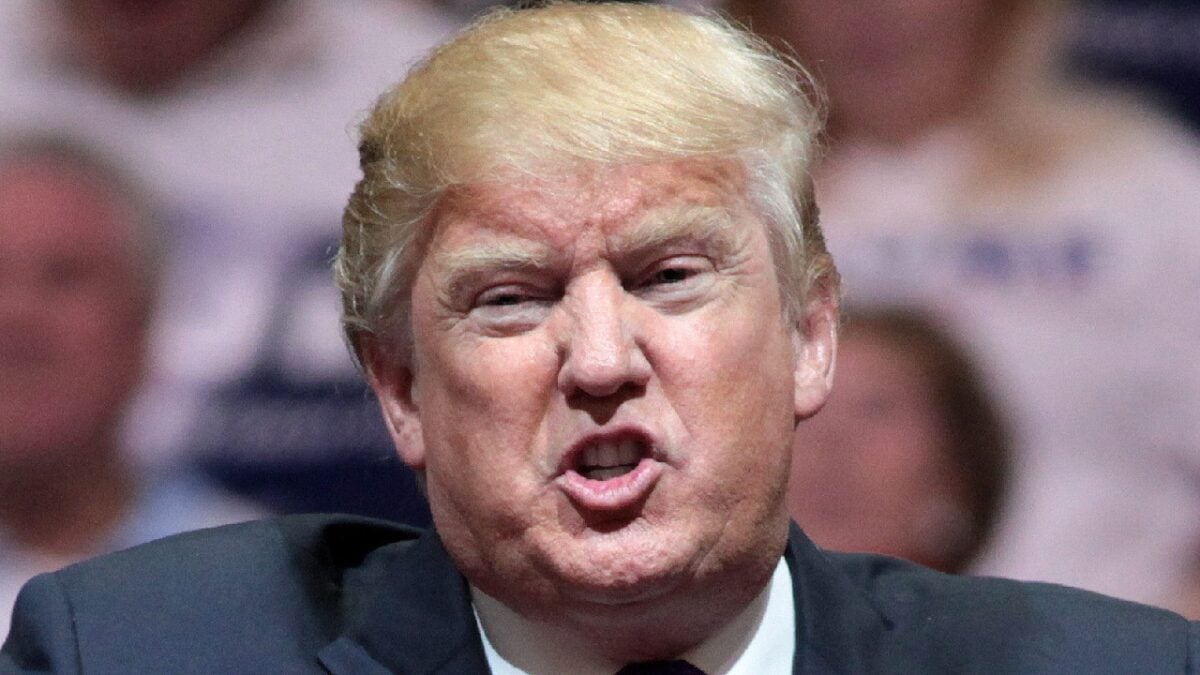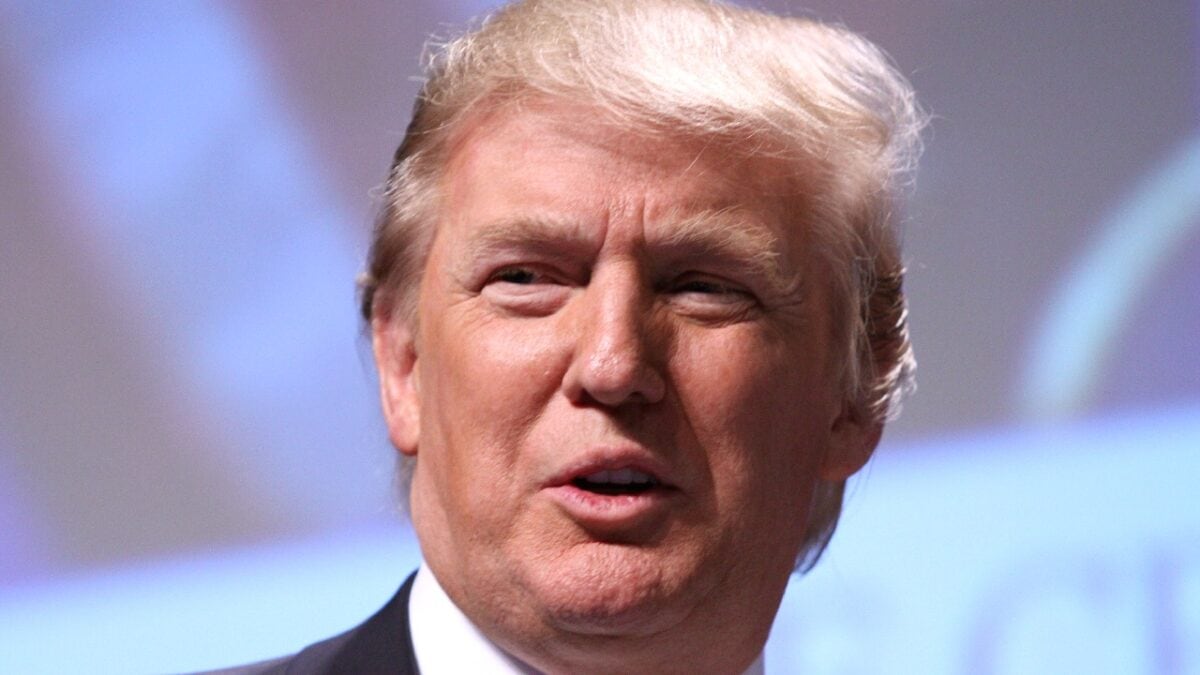At the risk of repeating ourselves, Donald Trump has been indicted.
This time, Trump and a gang of collaborators were indicted in Georgia on charges of attempting to interfere with the allocation of electors in the 2020 Presidential election.
Indictments for Donald Trump
Trump and eighteen co-conspirators were indicted on thirteen counts, including soliciting a public officer to violate their oath of office, conspiring to impersonate a public office, conspiring to commit forgery, and conspiring to file false documents.
Donald Trump and his co-conspirators have run afoul of racketeering charges in Georgia, perhaps the result of running a major criminal conspiracy to overturn the results of the 2020 Presidential election.
The entire operation took place in the open in the immediate wake of the 2020 election. Trump asked Georgia’s Secretary of State to “find” enough votes to put him over the top in Georgia. Trump facilitated the establishment of a team of false electors, intended to take the place of the official slate in whatever chaos might result from Trump’s later effort to freeze the official counting of the electoral votes on January 6.
Finally, (and this was a new revelation) Trump allies apparently hacked Georgia electoral machines in a fruitless effort to discover fraudulent Democratic votes.
Trump’s conspiracy took place against the backdrop of the Georgia Senate runoffs, both of which were won by Democratic candidates.
At the time it was believed that Trump’s clumsy effort to overturn the election was actively damaging to Republican interests in the state.
However, at this point, it’s unclear whether the consecutive Democratic victories simply reflect a long-term shift in Georgia voting patterns.
Trump’s defenders are resorting to several familiar playbooks. Trump’s criminal acts, they say, amount merely to conversations, meetings, and written messages. Of course, all of these are elements of criminal activity if they are conducted in the pursuit of a criminal enterprise, something that almost all legal commentators know even if they sometimes find it convenient to forget. Trump allies have also attacked the Atlanta District Attorney Fani Willis, and have attempted to assert that various indictments in and of themselves constitute a conspiracy against the former President.
What Happens Now?
Donald Trump is now under indictment in four separate jurisdictions for a bevy of charges ranging from financial crimes to mishandling of confidential material to inspiring an insurrection to election interference.
He will run for President under these dark legal clouds, with uncertain implications for the general election.
We simply do not know how these allegations will affect Trump’s political prospects, although they certainly increase his own personal sense of jeopardy.
But much of this is simply beside the point.
Movement conservatives were fully aware of Donald Trump’s lack of interest in the rule of law or the defense of the democratic process even before the 2016 election. The cowardice of the rest of the GOP with respect to the figure of Donald Trump has long been obvious.
Figures such as Ted Cruz, Lindsay Graham, and JD Vance have made clear that the ethical cesspool that constitutes Trump’s political career is no obstacle to shifting sharp criticism to the most pathetic toadying. Very few elected Republicans have displayed any sense of integrity or any commitment whatsoever to the democratic process.
Is this more or less disappointing than the fanaticism of the Trump Cult, a group of voters are apparently indifferent to the most blatant efforts to destroy American democracy?
The most straightforward explanation of the appeal of a corrupt New York real estate mogul to the greater portion of the Republican electorate is that Trump hates the same people that they do, and perhaps more on point, Trump is hated by the right group of people.

Donald Trump image by Gage Skidmore.

From Gage Skidmore. Donald Trump speaking at CPAC 2011 in Washington, D.C.
This hatred is enough, apparently, for Trump voters to discard any interest in the kinds of electoral process that liberal democracies take for granted.
Deplorables, indeed.
Author Expertise
A Contributing Editor, Dr. Robert Farley has taught security and diplomacy courses at the Patterson School since 2005. He received his BS from the University of Oregon in 1997, and his Ph. D. from the University of Washington in 2004. Dr. Farley is the author of Grounded: The Case for Abolishing the United States Air Force (University Press of Kentucky, 2014), the Battleship Book (Wildside, 2016), Patents for Power: Intellectual Property Law and the Diffusion of Military Technology (University of Chicago, 2020), and most recently Waging War with Gold: National Security and the Finance Domain Across the Ages (Lynne Rienner, 2023). He has contributed extensively to a number of journals and magazines, including the National Interest, the Diplomat: APAC, World Politics Review, and the American Prospect. Dr. Farley is also a founder and senior editor of Lawyers, Guns and Money.
From the Vault
‘You Really Oughta Go Home’: F-22 Raptor Stealth Fighter Flew Under F-4 From Iran

